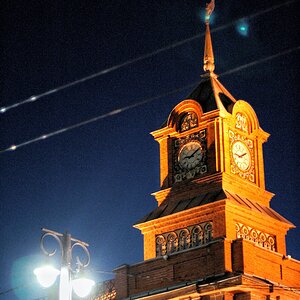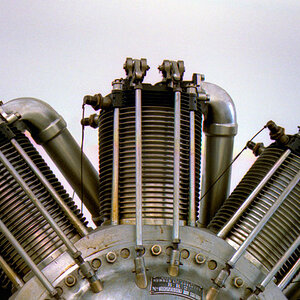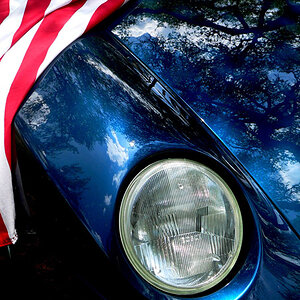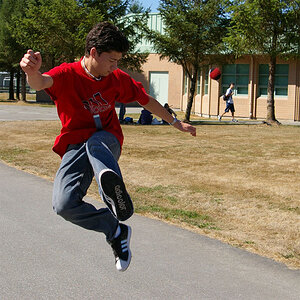rhncue
TPF Noob!
I have an 8008s with a AF Nikkor 50mm 1.8, a Sigma UC zoom28-70mm 3.5-4.5 and a Sigma AF - APO 75-300mm 4.5 - 6.5 lenses. I have now bought a D-50 to get into the digital world and be able to use these lenses. I know the lenses are older but I own them.
My question is: what is the differance between the D lenses that are being made for the digital cameras and these AF lenses other than the correction for the differance in size of the apparent magnification do to the size of the electronics in the digital camera? Inquiring minds would like to know and all that stuff.
Thanks, Dick
My question is: what is the differance between the D lenses that are being made for the digital cameras and these AF lenses other than the correction for the differance in size of the apparent magnification do to the size of the electronics in the digital camera? Inquiring minds would like to know and all that stuff.
Thanks, Dick



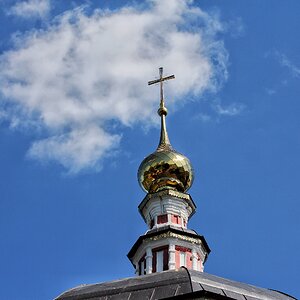

![[No title]](/data/xfmg/thumbnail/37/37623-b930ccd802f79b9c9cea990a7a5e5462.jpg?1619738153)
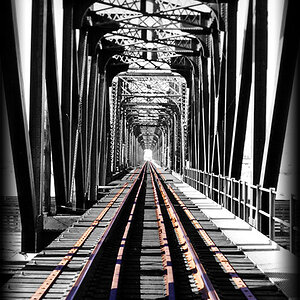
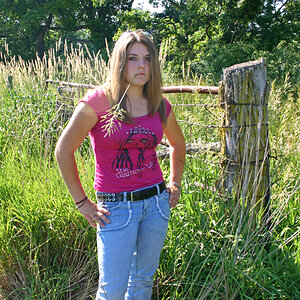
![[No title]](/data/xfmg/thumbnail/35/35875-613296cbb015a9d4bc5b47aca161290e.jpg?1619737200)
